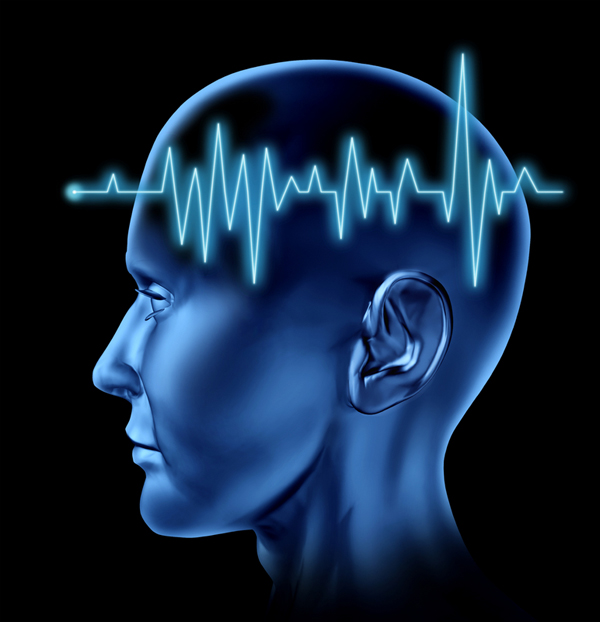Nicotine May Help Combat Memory Loss

Nicotine could help people with early memory loss maintain or improve their attention and memory, a new study suggests.
Study participants with mild memory problems who received nicotine performed better six months later at tasks such as reacting to a stimulus on a computer screen and memorizing a paragraph, according to the study.
The results are important because doctors have gotten better at diagnosing dementia while the condition is still in its early stages, said study co-author Dr. Paul Newhouse, a professor of psychiatry at Vanderbilt University Medical Center.
"The earlier you can intervene, the better," Newhouse said. "We want to treat people as early as we can and save as much brain function as we can."
The study is published today (Jan. 9) in the journal Neurology.
Signs of improvement
Researchers at Vanderbilt studied the effects of nicotine on 67 nonsmokers age 55 or older who had mild cognitive impairment, a precursor to diseases such as Alzheimer's disease. People with mild cognitive impairment have memory, language, thinking and judgment problems that are noticeable to themselves and their families, but are not serious enough to interfere with day-to-day life.
Get the world’s most fascinating discoveries delivered straight to your inbox.
Researchers divided the study participants into two groups. One group of 34 participants received 15 milligrams of nicotine per day, via a nicotine patch, for six months. The remaining 33 participants received a placebo patch.
Participants who received nicotine showed a 46 percent improvement of long-term memory for their age, while the placebo group showed a 26 percent decline.
Mimics a brain chemical
Nicotine works to improve thinking skills because it mimics a normally occurring chemical in the brain, acetylcholine. "It has the same three-dimensional structure, so it fits the receptor," Newhouse said. "What nicotine does is it stimulates those receptors. They act like amplifiers to turn up normal nerve signals.
"The ability of you and I to pay attention is enhanced by stimulating nicotinic receptors," he continued.
People with Alzheimer's disease lose many of these nicotinic receptors, Newhouse said. "The disease attacks the very systems that memory and attention depend on," he said.
While researchers have studied the effects of nicotine on learning and memory for many years, this study, funded by the National Institutes of Health, is the one of the first to look at early memory loss. "Nicotine is not a patentable substance, so there was not any corporate interest," Newhouse said.
Nevertheless, nicotine could be a good option for some people with mild memory loss because it has few side effects. Some people experience nausea when they take nicotine in high doses. But in the study, "It was generally very well-tolerated," Newhouse said. "There was a little bit of weight loss."
The study results are exciting, said Dr. Eden Evins, an associate professor of psychiatry at Harvard Medical School who was not involved with the study.
"This is the longest study [to date], and they're showing improvement," Evins said.
Some of study's data show that people with mild cognitive impairment who take nicotine didn't improve, but also didn't get worse, and that's still important, Evins said. "This begs the question of whether nicotine may be a viable treatment for mild cognitive impairment," she said.
Both Evins and Newhouse said future studies should look at the effects of nicotine in a larger group of people. The duration of the study is also a weakness. "A major limitation is that we tested people for six months," Newhouse said. "We need to see whether the benefits occur over a long period of time."
Future studies should not only look at test results, but also whether treatment with nicotine has practical implications, Evins said. "You want to see if this makes a difference in people's lives," she said.
There's also some concern that nicotine use could lead to drug abuse, Evins said. "For young people, there's a real question about whether nicotine is gateway drug," she said. "We need to know more."
The study authors noted a number of potential conflicts of interest. Dr. Newhouse receives research support from AstraZeneca, Eli Lilly and Company and Targacept, Inc., and has consulted for a number of pharmaceutical companies.
Pass it on: Nicotine could help people with mild memory loss, but more research is needed to determine whether the treatment is truly effective.
This story was provided by MyHealthNewsDaily, a sister site to LiveScience. Follow MyHealthNewsDaily on Twitter @MyHealth_MHND. Find us on Facebook.


